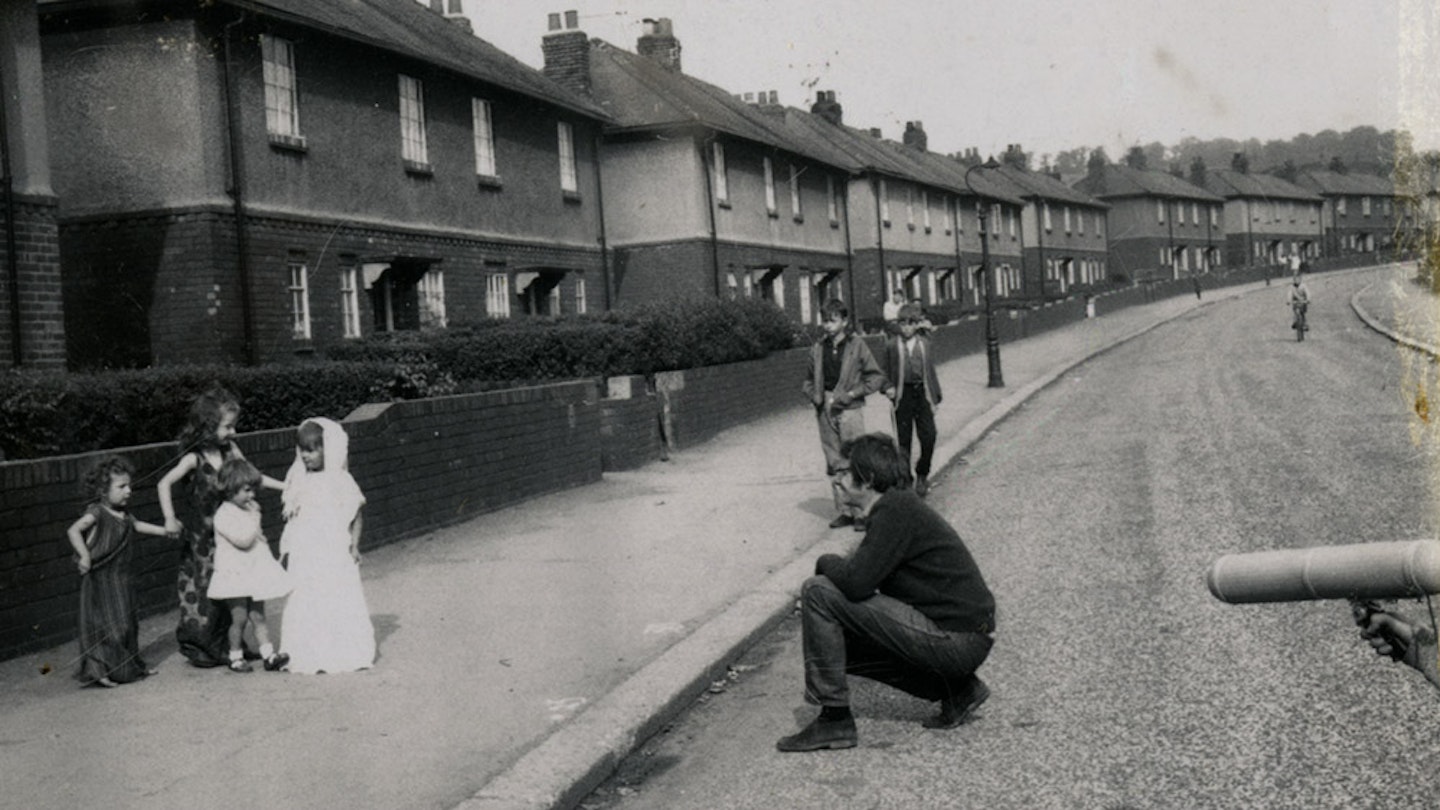Ken Loach's style of filmmaking – rough-edged, rooted in the plight of the working class, bracingly political – is so distinctive and well established that it's easy to simply see it as a fact of the universe or, even worse, an antique part of the cinematic furniture. This fittingly downbeat but gently reverent documentary does a good job of restating both the significance of Loach’s impact and what it is that still makes his approach so radical.

Director Louise Osmond frames the retrospective with the 79-year-old filmmaker’s 2015 decision, prompted by last May’s Conservative election victory, to come out of retirement for one final film. Footage of Loach – tentative but still determined – beginning production on modern welfare drama I, Daniel Blake is intercut with the documentary meat and potatoes of old clips (ranging from Cathy Come Home and the gritty filmed plays of the early '60s to the likes of Kes) and high-profile talking heads (featuring Gabriel Byrne, Cillian Murphy, Alan Parker and Loach himself).
It’s a traditional approach that means Versus – despite the thrills of those early, status quo-smashing successes – takes a while to truly spark to life. Oddly enough, its Loach’s failure that helps this film find its feet. The redemptive second portion – which focuses on the '70s and '80s period that saw Loach deal with personal tragedy, a cancelled play and career prospects that were so grim he was forced to direct a McDonald’s advert – provides a funny, hopeful testament to what Byrne calls his “quiet power”.

As a re-energised late period brings a 2006 Palme d’Or win for The Wind That Shakes The Barley and a crossover success in Looking For Eric, the lasting impression is of a cinematic one-off who, beyond the tub-thumping left-wing caricature, embodies a kind of intensely principled politeness and a filmmaking philosophy that will be sorely missed.
